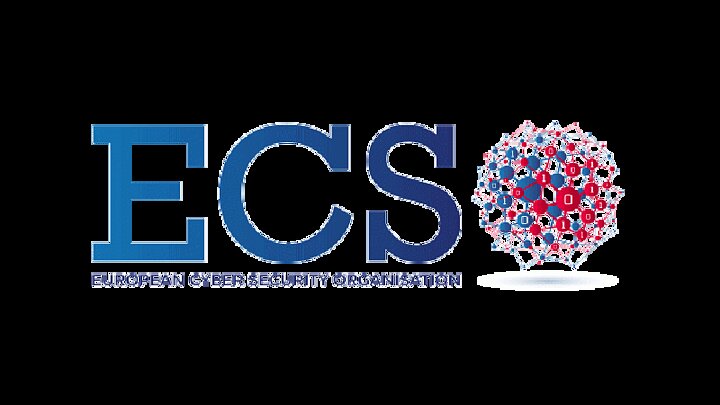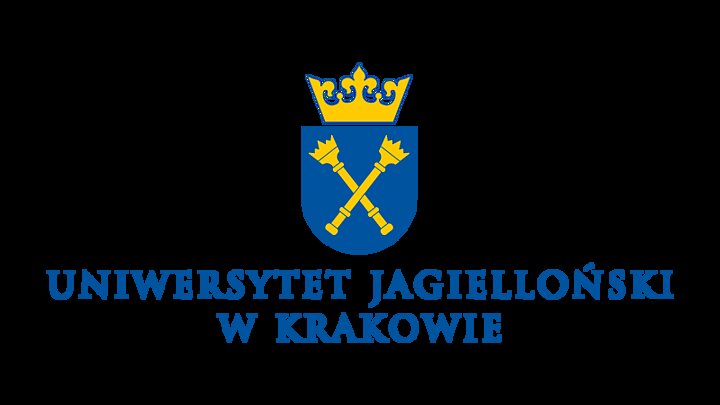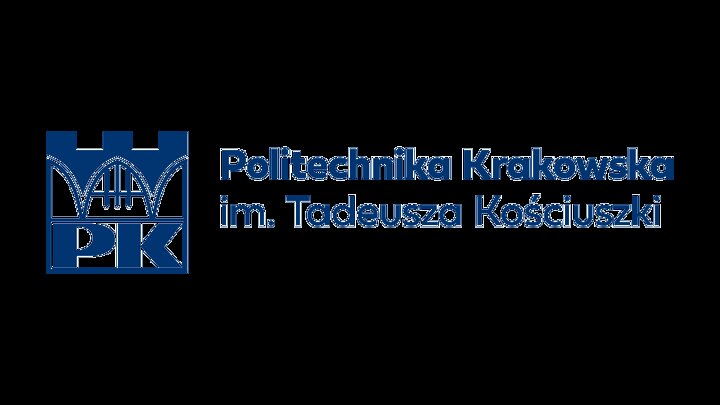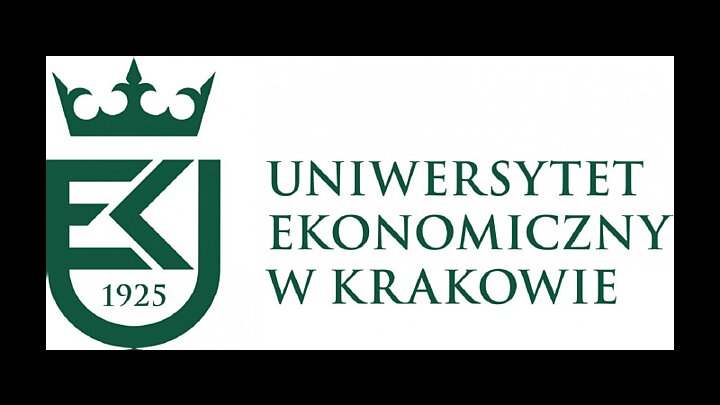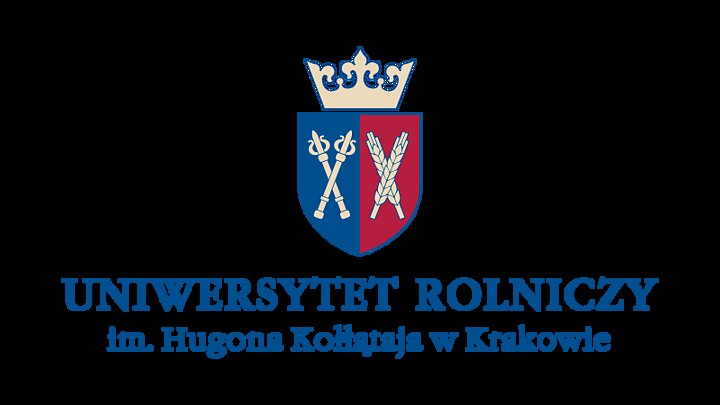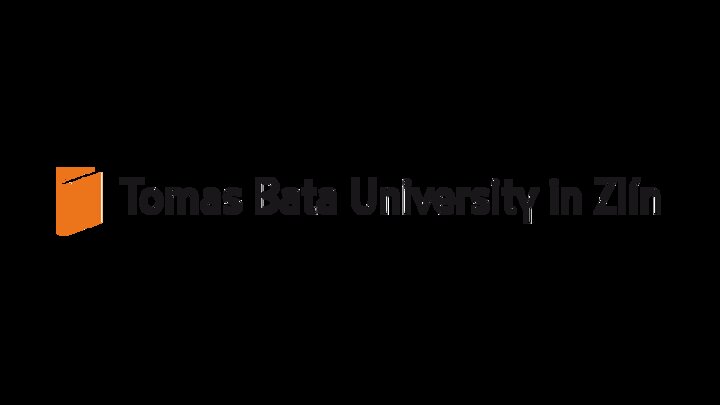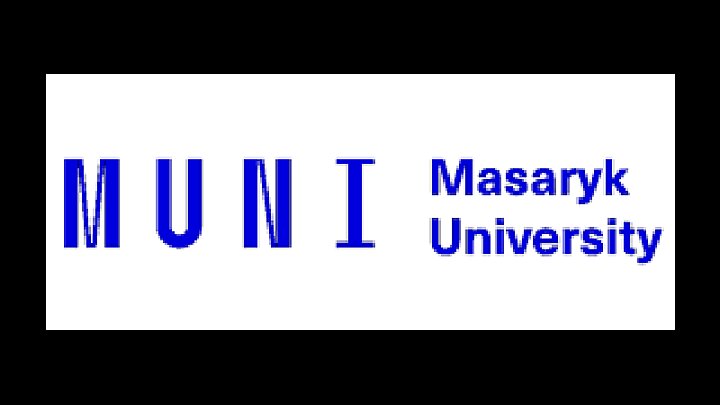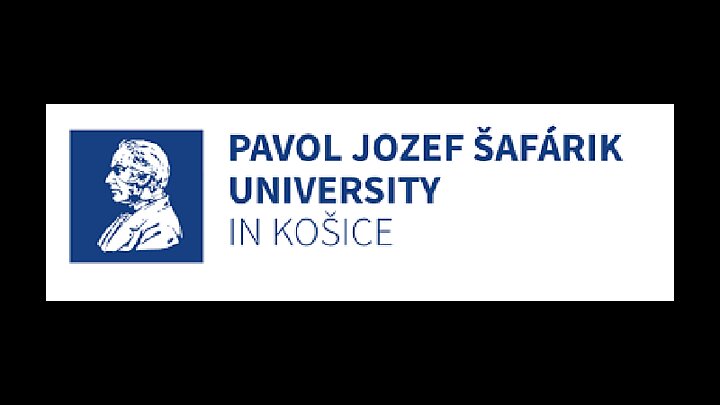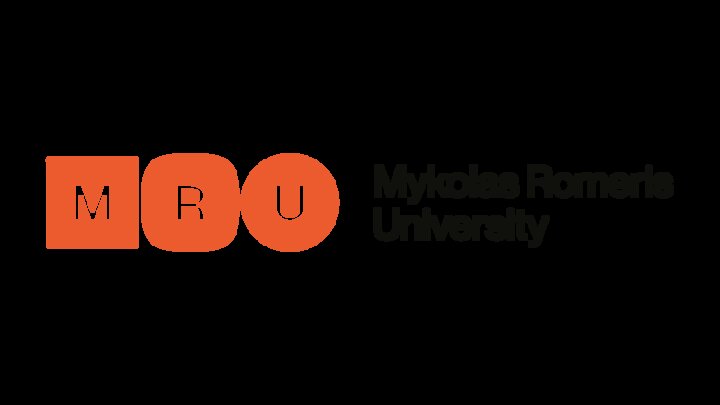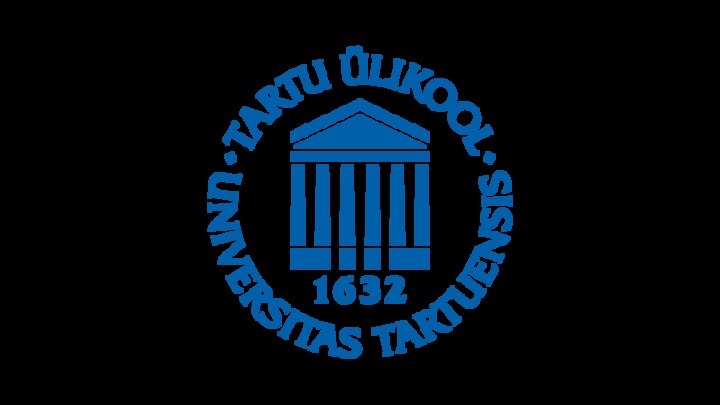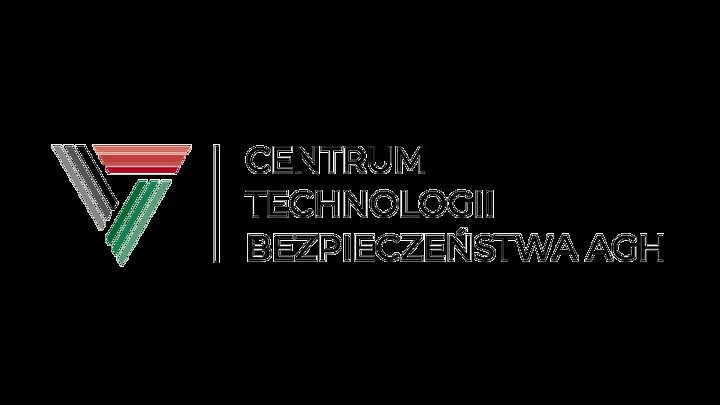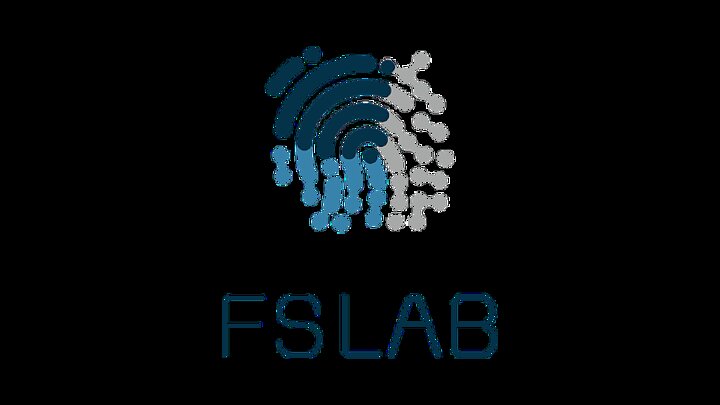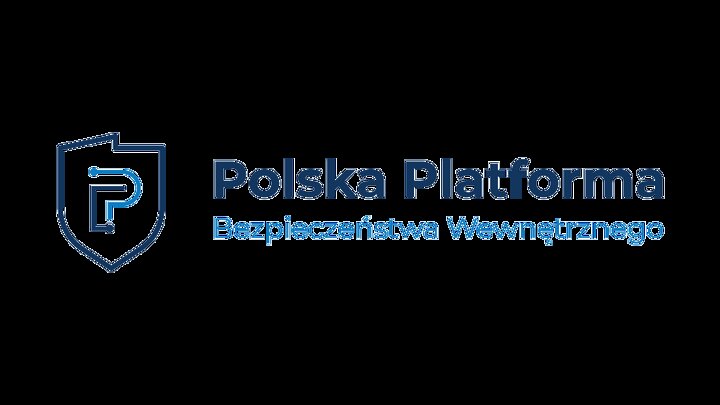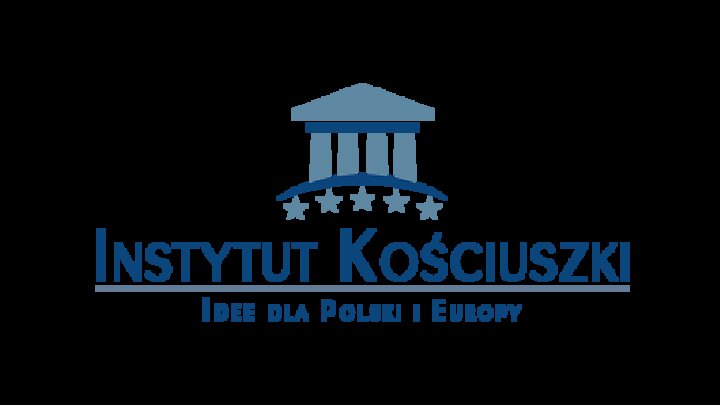PARTNERS
The European Cyber Security Organisation (ECSO) is the largest industry organisation in the EU, contributing to the development of the cybersecurity community and building the European cybersecurity ecosystem.
ECSO brings together over 300 cybersecurity stakeholders from the private, public and academic sectors, including more than 70 universities and research organisations. AGH University of Krakow is a member of the organisation and representatives of CC AGH participate in many of its activities.
The #CyberMadeInPoland Cluster was created as a platform for cooperation and promotion of the Polish cybersecurity industry. It currently brings together more than 45 companies. Its aim is to shape and develop secure cyberspace in Poland and promote Polish companies abroad. The Cluster is also intended to stimulate cooperation of the sector with scientific institutions, public administration entities, international corporations, chambers of commerce and industry, and other partners.
The Cluster is the only institution in Poland authorised by ECSO to award the Cybersecurity Made in Europe quality label.
CC AGH and the Cluster carry out joint activities on the basis of a cooperation agreement.
Founded in 1364, Jagiellonian University in Kraków is the oldest Polish university and one of the oldest universities in the world. In the 2021 ranking of higher education institutions by the Perspektywy magazine, the Jagiellonian University was ranked as the best university in Poland.
The Jagiellonian University, with its extensive IT infrastructure, aims to ensure an adequate level of digital security for its networks, systems and the data produced and used by its staff and students. For this reason, the UJ, together with other Kraków universities, has signed a cooperation agreement on cybersecurity. The UJ is also a consortium member of the SOCCER project, implemented, among others, by the Cybersecurity Centre of AGH.
https://www.pk.edu.pl/index.php?lang=pl
Cracow University of Technology is a university with over 75 years of tradition in the education of engineering personnel in 8 scientific disciplines. Currently, the university educates 14,000 students in full-time and part-time studies of the first and second degree as well as doctoral and postgraduate studies.
PK is a university with a strong emphasis on the transfer of innovative technologies and products to the economy and the commercialisation of scientific research. Activities in the area of cybersecurity include detection and active protection of security threats, modelling and recognition of attacks, building novel cryptographic schemes and solutions based on decentralised networks and models. PK is one of the signatories of the cooperation agreement on cybersecurity.
The Krakow University of Economics is a modern university with traditions dating back to 1925. The university is one of the largest economic research centres in Poland.
UEK is specializes in conducting scientific and didactic activities in the field of social sciences, in particular in: economic, social, energy, political, cultural, legal, ecological, food and IT security.
The University has signed the cooperation agreement on cybersecurity.
The University of Agriculture in Kraków has been conducting specialised research and education activities for the past 50 years, covering the agricultural, food, forestry, and environmental protection and shaping sectors.
The University is home to the Centre for Research and Development of Agriculture 4.0, which includes training in bioinformatics and data analysis, with a focus on creating predictive models for food security and environmental safety. Cybersecurity is an essential element of the collection and processing of the large amounts of data used in these areas.
URK is both a signatory to the cooperation agreement on cybersecurity and a SOCCER consortium member.
The university is among the first higher education institutions in the Czech Republic to receive institutional accreditation. In the field of research, UTB has achieved significant results mainly in the areas of polymer engineering, applied computer science and creative specialisations.
UTB is a SOCCER consortium member.
Masaryk University was founded in 1919 in Brno. MUNI shares state-of-the-art research facilities with six partner institutions. It is a partner of, among others, CEITEC - a centre of scientific excellence in life sciences, advanced materials and technology. It is also the founder of a research centre, the CyberSecurity Hub (together with the Czech Technical University in Prague and Brno University of Technology), which will offer industry and company support and EU cybersecurity certification for cutting-edge technologies and will be part of the European Digital Innovation Hub network.
Masaryk University is a SOCCER consortium member.
Pavol Jozef Šafárik University was founded in 1959. UPJŠ is an internationally recognised research university and one of the most active scientific research institutions in Slovakia, both in terms of financial support for research and the results achieved in research activities. Scientific teams are involved in international research projects through programmes of the Ministry of Education, Science, Research and Sport of the Slovak Republic, Horizon Europe, ESFRI and other EU programmes.
UPJŠ is a SOCCER consortium member.
MRU is the largest specialised university of social sciences in Lithuania, whose most important areas of study and research are law, public security and public administration. MRU was the first in Lithuania to start implementing joint study programmes with universities in France, Austria and Finland and has developed strong research partnerships with South Korea and other universities in the Asian region. Each year, the University publishes around 600 research papers and carries out around 50 research projects.
MRU is a SOCCER consortium member.
UT is the largest and oldest university in Estonia, founded in 1632. The university is the leading university in the Baltics in the field of information technology. It is among the top 200 universities in the world in the Times Higher Education specialist ranking in information technology. The university's Cyber Security Hub brings together the research and educational activities provided by the various research chairs of the Institute of Computer Science and carries out several research projects in the field of cybersecurity. The UT project team takes care of, manages, monitors and secures the Estonian Scientific Computing Infrastructure.
University of Tartu is a SOCCER consortium member.
https://www.cesnet.cz/?lang=en
CESNET is an association of universities of the Czech Republic and the Czech Academy of Sciences. It operates and develops the national digital infrastructure for science, research and education, which includes a computer network, computing networks, data storage and a collaborative environment.
The association conducts independent research and development activities in the field of ICT, supports education and develops and administers national ICT infrastructures.
CESNET is a SOCCER consortium member.
https://www.ctb.agh.edu.pl/pl/
The CTB's mission is to undertake activities that contribute to the enhancement of security using modern information technology.
The core of the Centre is made up of research and teaching staff from the Faculty of Computer Science, in particular members of the Forensic Software Lab, with experience in projects supporting national security. It includes not only scientists, but also external experts and specialists, programmers and analysts. They collaborate with security officers as well as graduates and doctoral students carrying out research, analytical and programming tasks.
A non-profit organisation whose mission is to increase the level of security in Poland and Europe, in particular through the implementation of projects supporting the work of the uniformed services. It also conducts training and auditing activities and organises specialised workshops, webinars and conferences.
Independent, non-governmental, non-profit scientific and research institute, founded in 2000. It specialises in creating strategic recommendations and directions of development of key public policies, providing substantive support for Polish and European policy-makers. Organiser of the CYBERSEC Forum, the largest conference in Central and Eastern Europe on strategic challenges of cybersecurity, as well as the accompanying EXPO, presenting the product and service offer of cybersecurity companies.
